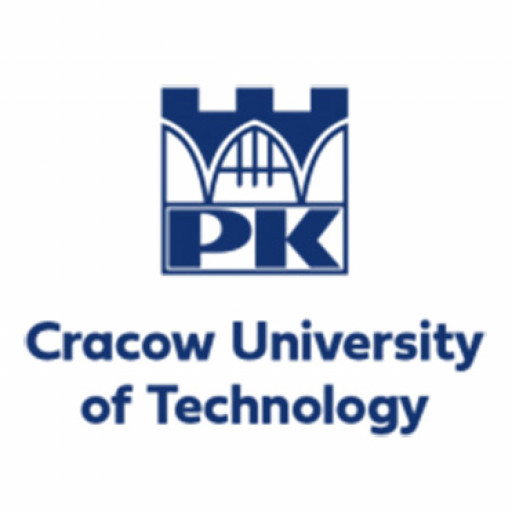Photos of university / #ucl
Top archaeological researchers and heritage professionals use a raft of computational methods including GIS, data mining, web science, ABM, point-process modelling and network analysis. To impress employers you need the flexibility to learn on the job, leverage open data and program open source software. This MSc draws on UCL's unparalleled concentration of expertise to equip you for future research or significantly enhance your employability.
Students learn about a wide range of concepts that underpin computational approaches to archaeology and human history. Students become proficient in the archaeological application of both commercial and open source GIS software and learn other practical skills such as programming, data-mining, advanced spatial analysis with R, and agent-based simulation.
Students undertake modules to the value of 180 credits.
The programme consists of four core modules (60 credits), two optional modules (30 credits) and a research dissertation (90 credits).
Core modules
- Archaeological Data Science
- Complexity, Space and Human History
Optional modules
- Agent-based Modelling of Human History
- Exploratory Data Analysis in Archaeology
- GIS Approaches to Past Landscapes
- GIS in Archaeology and History
- Remote Sensing
- Spatial Statistics, Network Analysis and Human History
- The Archaeology of Complex Urban Sites: Analytical and Interpretative Technology
- Web and Mobile GIS (by arrangement with the UCL Department of Civil and Geomatic Engineering
- Other options available within the UCL Institute of Archaeology
Dissertation/report
All students undertake an independent research project which culminates in a dissertation of 15,000 words.
Teaching and learning
The programme is delivered through lectures, tutorials and practical sessions. Careful provision is made to facilitate remote access to software, tutorials, datasets and readings through a combination of dedicated websites and virtual learning environments. Assessment is through essays, practical components, project reports and portfolio, and the research dissertation.
A minimum of an upper second-class Bachelor's degree in a relevant subject from a UK university or an overseas qualification of an equivalent standard.
The financing of the MSc in Computational Archaeology — GIS Science and Complexity at University College London is primarily based on tuition fees paid by students, which vary depending on whether the student is classified as a UK, EU, or international fee-paying student. For UK and EU students, the tuition fee is set at a particular rate, while international students pay a higher fee, reflecting the standard fee structure at UCL for postgraduate taught programmes. In addition to tuition fees, students are responsible for covering their living expenses, including accommodation, food, travel, and study materials. UCL offers various financial support options, such as scholarships, bursaries, and grants. Some of these are specific to postgraduate students in archaeology or related fields, and prospective applicants are encouraged to explore these opportunities through the university's funding pages. The university also provides information about government loans and funding schemes available to eligible students. External funding sources, including research councils and archaeological societies, may also offer sponsorship and awards to outstanding applicants. It is important for prospective students to consider the total cost of attendance and seek advice from UCL’s student finance services to adequately plan their finances. The university promotes a range of financial aid packages designed to assist students in managing the costs associated with their studies and encourages early application for financial support to increase the likelihood of securing funding. Overall, the financial structure is designed to support both domestic and international students, making postgraduate study accessible through a combination of institutional scholarships, government programs, and external funding sources.
Computational Archaeology — GIS Science and Complexity at University College London offers students an innovative interdisciplinary program that integrates principles from archaeology, geography, computer science, and complex systems theory. The program emphasizes the use of advanced computational techniques to analyze archaeological data, spatial information systems, and complex interactions within ancient societies. Students gain practical skills in Geographic Information Systems (GIS), data modeling, spatial analysis, and simulation, enabling them to interpret and visualize archaeological phenomena in novel ways. The curriculum combines theoretical foundations with hands-on training, covering topics such as spatial data management, 3D modeling, remote sensing technologies, and network analysis. The program is designed to prepare graduates for careers in academic research, cultural resource management, heritage conservation, and digital archaeology industries.
Students will learn how to handle large datasets, develop algorithms, and utilize software tools relevant to archaeological investigations. The coursework also explores the application of complexity science to understand societal development, political networks, trade routes, and settlement patterns over time. The program encourages critical thinking about the methodological and ethical issues related to digital archaeological practices. Collaboration with academic staff involved in cutting-edge research projects provides students with valuable insights and opportunities to contribute to ongoing innovations in the field.
Graduates of this program will be equipped with a comprehensive skill set that bridges traditional archaeological methods with modern computational technology. They will be able to design and execute complex spatial analyses, contribute to the development of digital archaeological repositories, and engage with interdisciplinary research initiatives. The program fosters a multidisciplinary approach, encouraging students to think critically about the past through complex systems theory while employing advanced GIS and computational tools. The university’s location in London provides access to a vibrant academic environment, cultural institutions, and research networks, enhancing the educational experience and career prospects.









